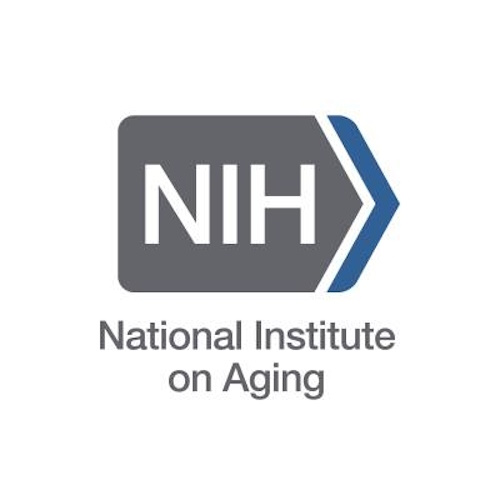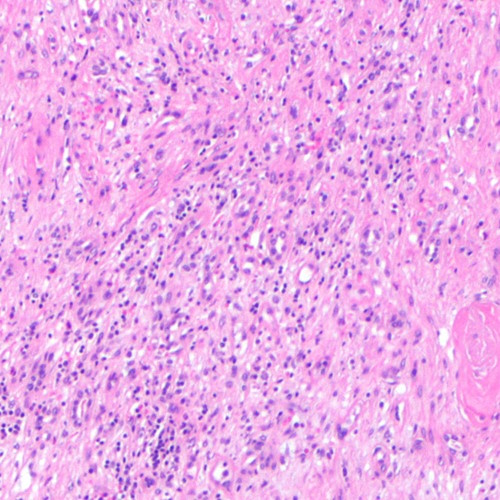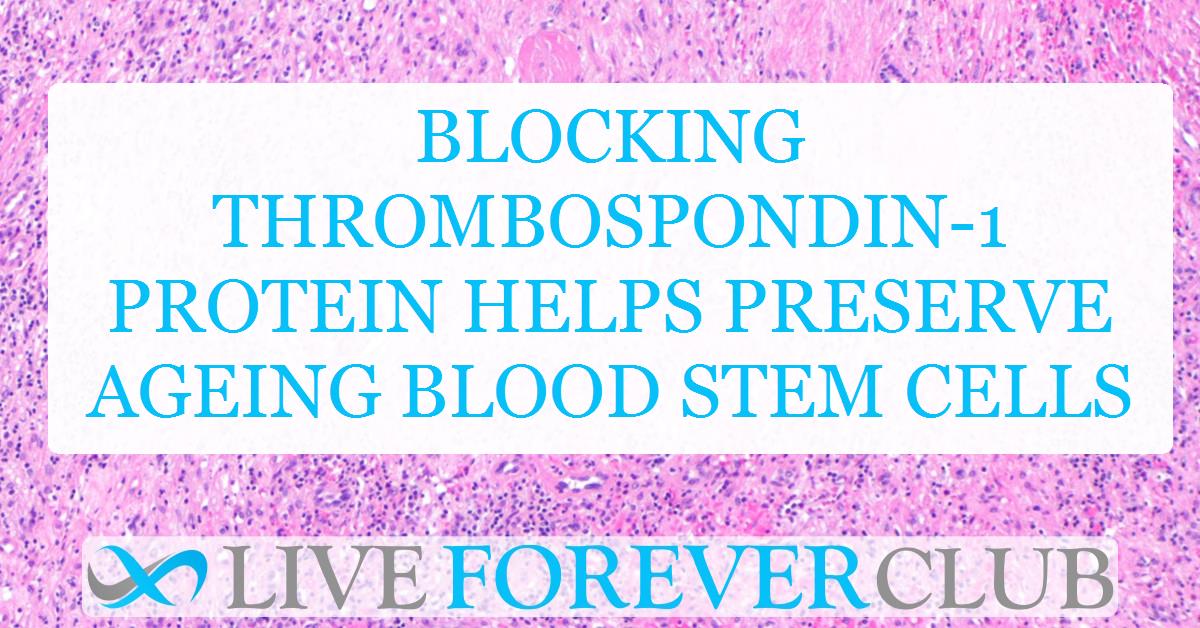Key points from article :
Researchers at UF Health Cancer Center discovered a way to reduce chronic inflammation in ageing blood stem cells, a phenomenon called "inflammaging," which impairs blood cell production and weakens the immune system. By targeting a protein called thrombospondin-1 in mice, they found a potential method to improve treatments for ageing-related diseases and cancer.
The goal of the research was to preserve and rejuvenate blood stem cells during ageing, a challenge that had been difficult to overcome. By suppressing chronic inflammation in aged mice, the study showed that blood stem cell function and other ageing-related issues, such as bone density and vascular health, could be preserved.
While inflammation naturally increases with age, lifestyle changes like exercise don’t significantly impact ageing blood stem cells. Earlier findings suggested that the decline of these cells in older adults was inevitable, but this new research shows that blocking thrombospondin-1 can reverse the effects of ageing on blood stem cells.
When young blood stem cells were treated with thrombospondin-1, they began to function as though they were older. Blocking the protein reversed this effect, rejuvenating the blood system and improving overall health in the mice.
Researchers are now testing whether thrombospondin-1 has the same effect on human blood stem cells, with hopes of advancing to clinical trials. This could allow chemotherapy patients, especially older individuals with blood cancers, to recover more quickly, as they often struggle with the side effects of treatment.
The study, published in Science Immunology, was funded by several research organizations, including the National Institute on Aging and the National Heart, Lung, and Blood Institute. The team also developed a genetic signature to measure inflammaging in blood stem cells, which could help future research into stem cell ageing.








